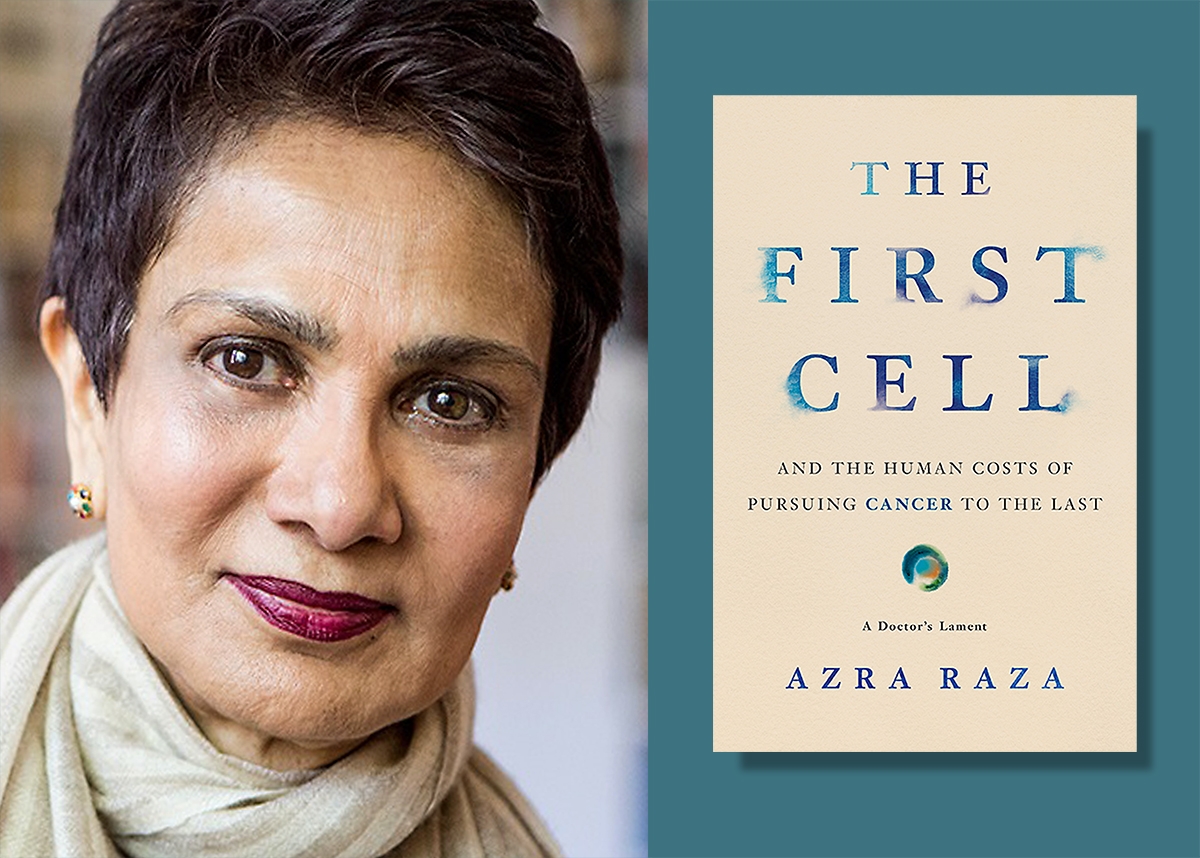
During the past year two friends who are dear to our hearts have gone through extensive cancer treatments, both of them undergoing chemotherapy which has been very debilitating and life-threatening. Both have been courageous and have a strong Christian faith. Many friends and family have prayed for them and both have benefited from the treatments. They are making their way back to health, but what a journey.
Through the years as a pastor I've done my best to walk alongside scores of people who have undergone chemo, radiation, surgery, bone marrow transplants, because of cancer. Our conversations have often included conversations about whether the treatment would be worthwhile, given the prognosis. Some have experienced the return of cancer, or come to the place where they felt that were guinea pigs for research and chosen to forego further treatment. The possible cure can be worse than the disease with all the side-effects which mean that life no longer has joy or purpose. I never questioned the choices individuals made, although I hope I helped them move prayerfully through their decision-making at each stage.
I thought about all this as I listened to oncologist Azra Raza on CBC Radio's The Current yesterday. She has been involved in research for decades and yet was blunt in saying that despite the billions of dollars spent and progress made, the way we treat cancer today is an “embarrassment.” She offered the observation that the way we treat cancer is akin to beating a dog with a stick to kill its fleas. That caught my attention!
The interview reminded me that while pastors/priests/rabbis/imams may feel rather helpless when providing support for those living with cancer, each patient is a person whose body, mind, and spirit is assaulted by disease. Our prayers, practical support, encouragement are vital on this journey.
Raza has a new book, The First Cell: And the Human Costs of Pursuing Cancer to the Last, argues we need to change the way we approach the devastating disease. I hope we can find different paths for those who desire abundant life, not simply survival. God be with those who are researchers and medical specialists in this field.
Here is the link to yesterday's podcast:
https://podcasts.google.com/?feed=aHR0cHM6Ly93d3cuY2JjLmNhL3BvZGNhc3RpbmcvaW5jbHVkZXMvY3VycmVudC54bWw&episode=Y3VycmVudC03ZGVlM2U2Yy03Y2M2LTQ1MDQtOTI5Mi1mNjE1OGI3NmU1NWI&hl=en-CA&ved=2ahUKEwjw8pHHx5znAhUGKa0KHZKVB-kQieUEegQIBRAG&ep=6
No comments:
Post a Comment